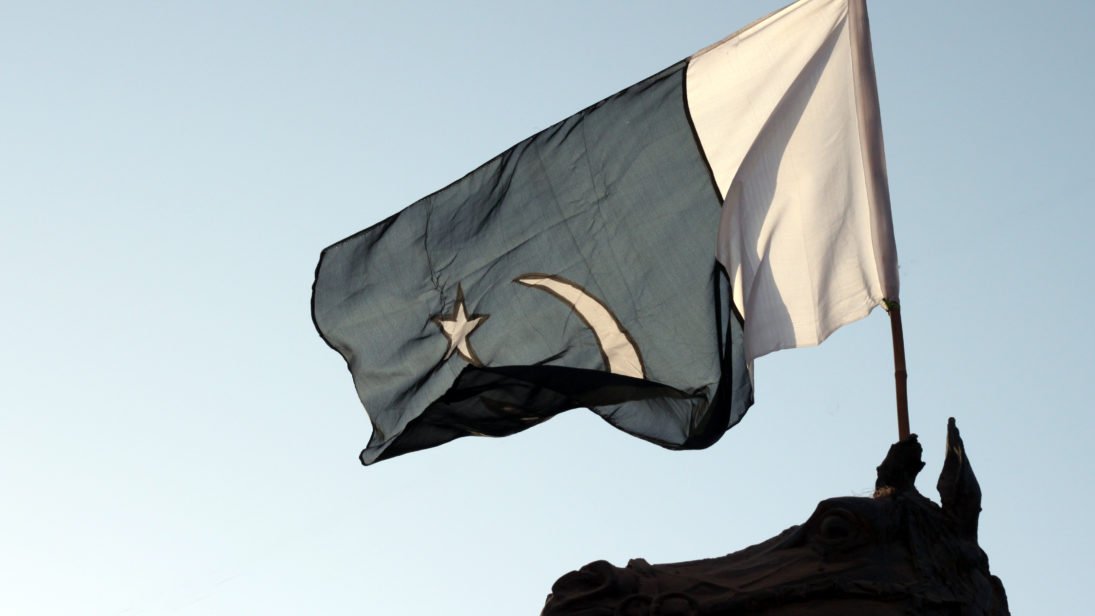What if Pakistan’s most formidable asset isn’t a missile, a tank, or a strategic diplomatic move? What if it actually lies in a song, a cover drive, or a television drama? Amidst the backdrop of nations in the region displaying overt hard power, it is through the subtle affirmation of soft power that Pakistan might be crafting a more enduring narrative.
Frequently linked with turbulence, radicalism, and potential crises, Pakistan is often noted for its connections to terrorism. Osama Bin Laden was reportedly believed to be concealed within Pakistan, and Ajmal Qasab, the individual apprehended for the November 26 attacks in Mumbai, hailed from Pakistan.
Former Prime Minister Nawaz Sharif used Qasab as a talking point, attributing blame to the government for neglecting his village and family. These perceptions often dominate people’s minds, overshadowing Pakistan’s significant contributions to culture, sports, and the arts. As long as these do not encompass the latter type of media, music, sports, and television will work to reshape the thoughts of those who might otherwise be swayed only by politics. It’s not mere manipulation; it’s the influence of culture that achieves this.
Atif Aslam’s voice has consistently echoed in the music landscape of South Asia and beyond. Recently, Coke Studio’s Jhol has had huge success in music charts around the globe, particularly in South Asia. Music is not only granting Pakistani artists success on the charts, but it is also dismantling national barriers and transcending political divides to unite audiences, turning listeners into informal cultural representatives. Music transcends borders and languages, and it doesn’t stop at political divides, where connections form what official negotiators struggle to achieve.
Read More: Art of Narrative Diplomacy: Bridging Cultures Through Storytelling and Literature
Due to its widespread admiration, many people believe that Babar Azam’s cover drive is the most aesthetically pleasing stroke in contemporary cricket. I have to stress that this is more than just a shot. It is poetry in motion, a model of grace, timing, and balance. This stroke is now taught in several English cricket academies as a model of batting brilliance, according to former England captain Nasser Hussain, who often proclaims it to be the best in the world.
This is the most subtle form of soft power. Every time Babar plays that drive, Pakistan communicates through the beauty of artistry and expertise rather than a geopolitical debate. It shows the world that Pakistan is not just chaos and conflict but also peace, precision, and genius, and it tells every young Pakistani that success is possible. Babar views sports as a kind of diplomacy that goes beyond simple competition, transforming a brief cricket match into a cultural relic.
Through storytelling, Pakistan’s theatrical industry has been instrumental in building tales. The general public in Pakistan, India, Bangladesh, and the Gulf nations have loved comedies like Suno Chanda and serials like Kabhi Main Kabhi Tum. Actors, directors, and writers who use soft power on large and tiny screens are also considered informal diplomats nowadays.
Additionally, in a global context where hard power is actually useful, one may use an army to invade, missiles to discourage, and sanctions to shape economies. The ongoing conflict between Russia and Ukraine serves as evidence that military might can be used to reshape alliances, forcefully alter borders, and compel discussions under duress. However, these weapons bring long-term instability, rage, and destruction. Hard force draws attention and promotes compliance, but it rarely brings about lasting change or ongoing peace.
Read More: Whispers, Treaties, and Tweets: How Diplomacy Evolved Over Time
Although Pakistan would prefer to use hard power, resources are limited and regional politics are complicated. It allows Pakistan to shift narratives, repair its bad reputation as a terrorist nation, and build lasting partnerships instead of ephemeral ones. Beyond direct conflict, music, sports, the arts, and culture may influence audiences around the world, fostering collaboration that may not be possible with just hard power.
Thus, academic partnerships and exchanges have the potential to become cultural exports. These would eventually develop into networks that would allow institutions to finance Pakistani scholars and arrange workshops in the fields of music and art as well as international sports cooperation. There is also a role for tourism. Beyond the dramatic conflict headlines, Pakistan’s actual legacy and scenic grandeur present a diverse image.
Pakistan’s soft power extends beyond entertainment, sports, and narrative. It includes all of these things. It demonstrates to the world that our country has always been about human values, ingenuity, and resilience in the face of political instability and terrorism.
Although hard power may receive some attention, soft power is what addresses the root of the problem. In an area where partnerships are determined by perceptions, that might really be the difference that this country needs.
*The views expressed in this article are the author’s own and do not necessarily reflect the editorial policy of TDI.

Mian Masood Tariq
Mian Masood Tariq is an independent researcher and policy commentator, based in Islamabad. He can be reached at masoodtariqqq@gmail.com



